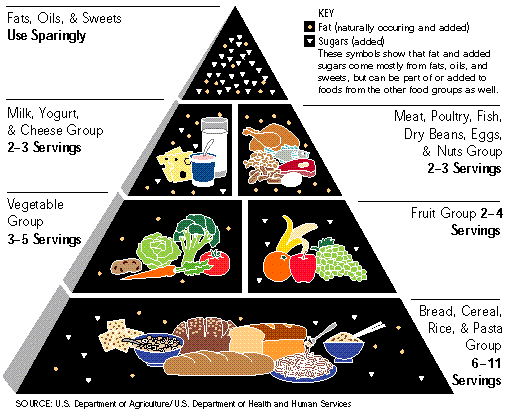People should be informed properly about the real properties and benefits of health food supplements. Common medical definitions of these nutritional supplements are provisions meant to augment a person’s diet and supply nourishing substances such as vitamins, fiber, minerals, amino and fatty acids. These are what some nutrition experts describe as the missing elements to make a diet complete.
There are standards prescribed and recognized globally which include regulations, principles and other recommendations concerning all kinds of foods, food production and safety. Vitamins, supplements and nutritional minerals are classified under this category. This is called the Codex Alimentarius Commission, an international organization backed by the United Nations Food and Agriculture Organization and the World Health Organization.
A lot of people are very choosy when it comes to food selection. Unfortunately, the wrong impression that these individuals get is that eating junks food can be overcome by taking health food supplements. This is a mistaken perception and junk foods should be avoided altogether. Supplements can be useful for fitness support but lean meat fish, fruits and vegetables still provide superior nutrition. These foods are still the best sources of vitamins and minerals. Food supplements as specifically stated by the terminology are meant to augment but not take the place of a balanced diet.
It is important not to be misled by certain advertisements and publicity that pills or supplements contain more benefits than the food that people eat. Even some testimonial aired on television and the radio or published in newspapers about supplements are not absolutely true.
At present, the U.S. Food and Drug Administration standardize so-called refined dietary supplement products and dietary ingredients. These policies are not the same as regulations for traditional prescription and over-the-counter medications and drugs. Likewise, the Dietary Supplement Health and Education Act of 1994 states that dietary supplements or ingredients’ manufacturers are accountable for ensuring that a dietary supplement or ingredient is safe before it can be sold to consumers.
The FDA is fully responsible for taking action against any hazardous health food supplements as soon as these will be brought to the market. As a rule, manufacturers are not bound to register their products with the Food and Drug Administration. It is not also necessary for them to seek approval before producing or selling dietary supplements. However, these companies must ensure that product label information is accurate and not ambiguous. The regulatory rules that all local and international firms which produce, put together, label or store dietary supplements must act in accordance with the Dietary Supplement Current Good Manufacturing Practices for quality control. These stipulations include testing, quality control, and dietary supplement distribution in the country. Likewise, the manufacturer, supplier or packaging enterprise whose name appears on labels of supplements sold in the U.S. are mandated to submit to the government agency concerned all negative information regarding the use of dietary supplements in all states. The tasks of the FDA also include product information, labeling, supervising claims, package inserts, and other data for consumers.

 Starting Up An Aquaponics Set Up From See The Easy Way
Planting seeds in your aquaponics system can be a lot simpl
Starting Up An Aquaponics Set Up From See The Easy Way
Planting seeds in your aquaponics system can be a lot simpl
 Introduction To Of Some Lower Cholesterol Foodstuffs
Cholesterol is a fat-like element contained in the physique
Introduction To Of Some Lower Cholesterol Foodstuffs
Cholesterol is a fat-like element contained in the physique
 The Simplest Way To Lessen Your High Cholesterol By Natural Means
High-cholesterol is a major variable inside the countrywide
The Simplest Way To Lessen Your High Cholesterol By Natural Means
High-cholesterol is a major variable inside the countrywide